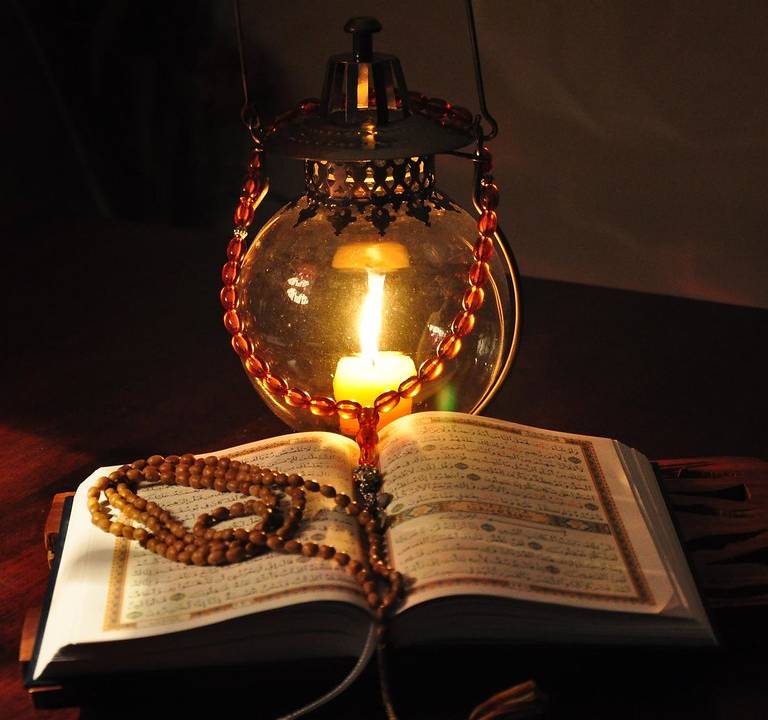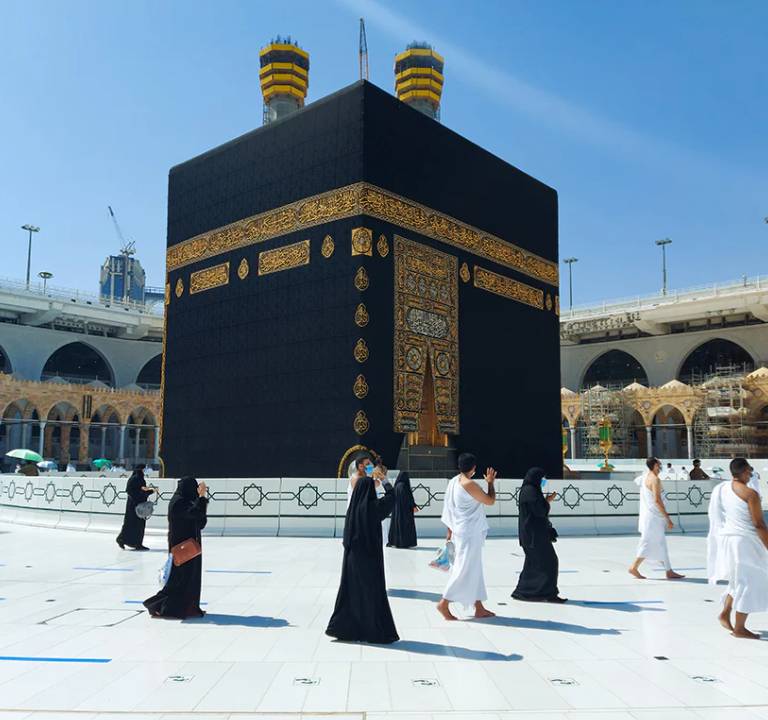
Why is the Quran Important to Muslims
Understanding why the Quran is important to Muslims requires exploring its profound role in their lives. The Quran is not just a book but the core of Islamic faith and practice. Its importance permeates various aspects of daily life, shaping beliefs, actions, and spiritual understanding. Let’s delve into the many reasons why the Quran is important to Muslims, examining its religious, spiritual, moral, and practical significance.
The Quran as Divine Revelation
One of the fundamental reasons why the Quran is important to Muslims is that it is considered the literal word of God. Muslims believe that the Quran was revealed to the Prophet Muhammad over 23 years through the angel Gabriel. This divine revelation is seen as the ultimate and final guidance for humanity. It is believed to be perfect and unaltered, offering a complete and comprehensive source of divine instruction. The Quran’s status as God’s direct communication with humanity underscores its supreme importance in Islamic belief.
A Source of Guidance and Instruction
The importance of the Quran to Muslims is also highlighted by its role as a source of guidance and instruction. The Quran covers all aspects of life, providing clear directions on how Muslims should live, interact, and worship. It addresses various subjects, including morality, family life, social justice, and personal conduct. By following Quranic teachings, Muslims seek to live a life that aligns with divine will, ensuring their actions and decisions reflect their faith and values.
The Quran as a Spiritual Anchor
Another reason why the Quran is important to Muslims is its function as a spiritual anchor. The Quran provides a deep sense of connection to God, offering solace and comfort during difficult times. Reciting and reflecting on its verses helps Muslims maintain their spiritual focus and find peace. The Quran’s spiritual messages foster a sense of tranquility and reassurance, helping believers navigate life’s challenges with faith and resilience.
The Role of the Quran in Prayer and Worship
The importance of the Quran to Muslims is also evident in its central role in prayer and worship. The Quran is recited in its original Arabic during daily prayers, known as Salah. This practice is a fundamental aspect of Islamic worship, allowing Muslims to communicate with God and express their devotion. Memorizing and reciting verses from the Quran during prayer not only fulfills a religious obligation but also strengthens the spiritual bond between the worshiper and God.
The Quran’s Influence on Personal and Moral Development
Understanding why the Quran is important to Muslims involves recognizing its influence on personal and moral development. The Quran provides ethical guidelines and moral principles that shape how Muslims view themselves and others. It encourages qualities such as honesty, compassion, patience, and justice. By internalizing these values, Muslims strive to become better individuals and contribute positively to their communities. The Quran’s teachings play a crucial role in shaping character and guiding behavior.
The Quran as a Source of Knowledge and Wisdom
The importance of the Quran to Muslims is also reflected in its status as a source of knowledge and wisdom. The Quran is not just a religious text but a reservoir of profound insights and guidance. It encourages the pursuit of knowledge and understanding, emphasizing the importance of reflection and learning. The Quran’s verses offer wisdom on various aspects of life, including science, nature, and human behavior. This intellectual dimension adds to its significance and relevance in the lives of Muslims.
The Quran’s Role in Legal and Social Systems
Another significant aspect of why the Quran is important to Muslims is its impact on legal and social systems. Islamic law, or Sharia, is derived from the Quran and the Hadith (sayings and actions of the Prophet Muhammad). These legal principles govern various aspects of Muslim life, including family matters, business transactions, and criminal justice. The Quran’s guidance helps ensure that laws and social practices reflect divine values and promote fairness and justice.
Preservation of Cultural and Religious Identity
The importance of the Quran to Muslims extends to its role in preserving cultural and religious identity. The Quran is deeply embedded in Islamic traditions and cultural practices. Its verses are recited during significant life events, such as births, weddings, and funerals. The Quran’s teachings also influence Islamic art, literature, and rituals. By maintaining a connection with the Quran, Muslims preserve their religious heritage and cultural identity, passing on traditions to future generations.
The Quran as a Source of Unity
Understanding why the Quran is important to Muslims involves acknowledging its role in fostering unity among believers. The Quran serves as a common foundation for Muslims worldwide, regardless of their cultural or ethnic backgrounds. Shared recitation and study of the Quran create a sense of community and belonging among Muslims. This unity is reinforced by the Quran’s emphasis on common values and shared beliefs, promoting harmony and solidarity within the global Muslim community.
The Quran’s Impact on Charity and Social Responsibility
The importance of the Quran to Muslims is also evident in its teachings on charity and social responsibility. The Quran emphasizes the need to help those in need and act with kindness towards others. Verses such as “And spend in the way of Allah” (Quran 2:261) encourage Muslims to engage in charitable acts and support their communities. The Quran’s focus on compassion and generosity fosters a culture of giving and social responsibility, motivating Muslims to contribute positively to society.
The Quran in Daily Life and Routine
Finally, the importance of the Quran to Muslims is reflected in its integration into daily life and routine. For Muslims, the Quran is more than just a book; it is a guide for living. Daily prayers, personal reflections, and ethical decisions are all influenced by Quranic teachings. The Quran’s presence in everyday life helps Muslims stay connected to their faith and maintain a sense of purpose and direction.
In conclusion, why the Quran is important to Muslims is rooted in its role as a divine revelation, a source of guidance and instruction, a spiritual anchor, and a significant influence on personal, moral, and social development. Its impact on prayer, knowledge, legal systems, cultural identity, unity, and social responsibility underscores its profound significance in the lives of Muslims. Embracing the Quran’s teachings enriches lives, strengthens faith, and fosters a deeper connection with God.











